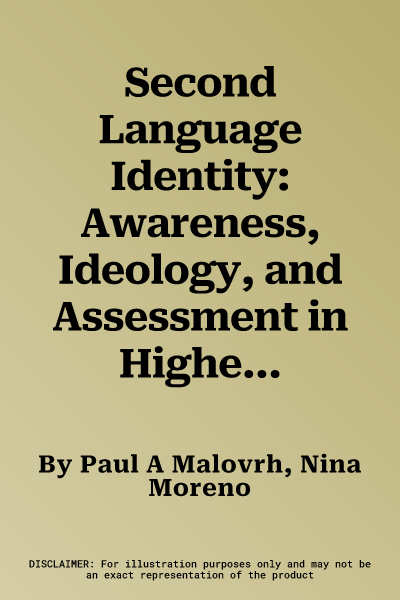Increasing globalization presents both challenges and opportunities to
the higher education sector. This pioneering book shows how interaction
between the two fields of foreign language pedagogy and second language
acquisition (SLA) can facilitate more effective language development at
an advanced level. Establishing a new research agenda to describe,
assess, and study high-level language use, it uses mixed-methods
analyses within a sociocognitive framework to explore constructs such as
second language (L2) identity and critical language awareness as
essential components of multilingualism and global citizenship. It
approaches L2 advancedness from multiple perspectives, examining the L2
learner and their understanding of advanced language use, highlighting
individual differences among foreign-language professionals regarding
high-level language use, positing the need for unified departmental
missions, and analysing alternative constructs to assess L2
advancedness. Throughout, analyses of quantitative and qualitative data
are used to demonstrate the multiple dimensions of advanced second
language use in higher education.

